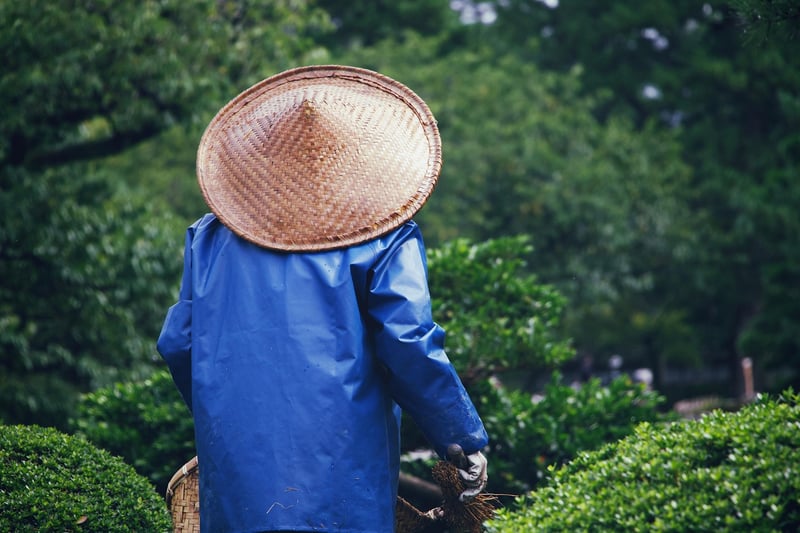Pest Control
Keeping Your Garden Healthy: Pest Control Tips
Welcome to your guide on how to maintain a healthy garden by effectively managing pests. A thriving garden not only adds beauty to your surroundings but also provides a peaceful retreat and a source of fresh produce. However, pesky insects and other garden pests can quickly turn your garden into a battleground. By implementing proper pest control measures, you can protect your plants and promote a lush and vibrant garden environment.
1. Identify the Pests
Before taking any pest control actions, it's essential to identify the specific pests that are causing harm to your plants. Different pests require different treatment methods, so understanding what you're dealing with is the first step towards effective pest management.
2. Natural Predators
Encourage natural predators like ladybugs, lacewings, and birds that feed on garden pests. By creating a welcoming environment for these beneficial insects and animals, you can help keep pest populations in check without resorting to chemical solutions.
3. Neem Oil
Neem oil is a natural insecticide that can effectively control a wide range of garden pests, including aphids, caterpillars, and beetles. Dilute neem oil according to the instructions and apply it to your plants to deter pests and prevent infestations.
4. Companion Planting
Utilize companion planting techniques to naturally repel pests and attract beneficial insects. For example, planting marigolds alongside your vegetables can help deter nematodes, while growing basil near tomatoes can enhance their flavor and repel pests like mosquitoes and flies.
5. DIY Sprays
You can create homemade pest control sprays using ingredients like garlic, chili peppers, and soap. These DIY sprays are safe, inexpensive, and can effectively deter a variety of garden pests when applied regularly.
6. Remove Infected Plants
If you notice severe pest infestations on a plant, it's best to remove the affected plant to prevent the pests from spreading to other nearby plants. Prompt action can help contain the infestation and protect the overall health of your garden.

7. Regular Maintenance
Maintaining a clean and well-tended garden is key to preventing pest problems. Remove weeds, fallen leaves, and debris regularly, as they can harbor pests and diseases. Proper watering and fertilization will also help keep your plants strong and more resistant to pests.
8. Organic Mulch
Using organic mulch like straw, wood chips, or compost not only helps retain moisture and suppress weeds but also creates a habitat for beneficial organisms that can naturally control pest populations in your garden.
Conclusion
By following these pest control tips and maintaining a vigilant approach to garden care, you can create a healthy and thriving garden space that you can enjoy all year round. Remember, a balanced ecosystem with a diversity of plants and beneficial insects is the key to long-term pest management without the need for harmful chemicals.
Happy gardening!
